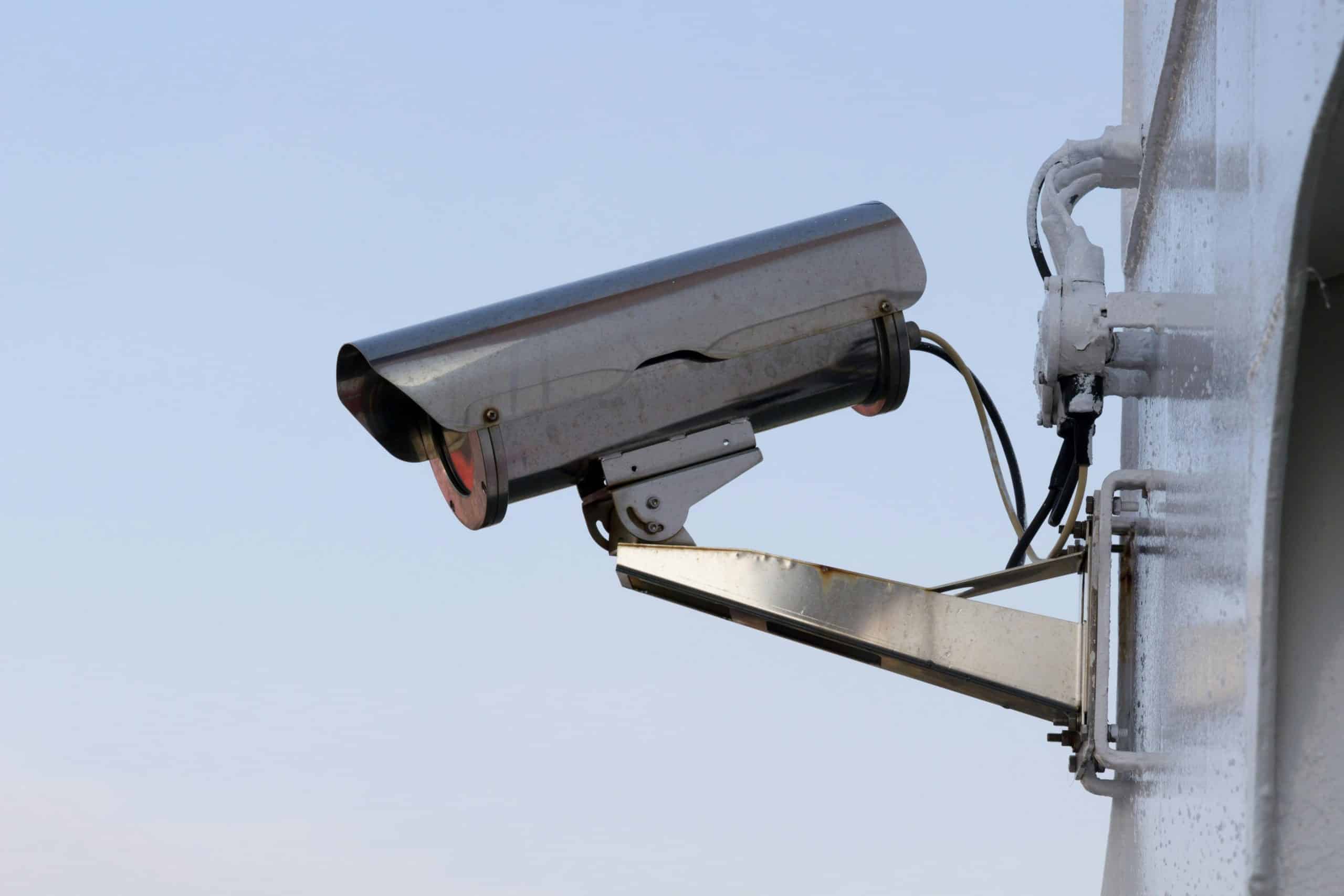What Are the Ethical Implications of AI in Surveillance Technology?

In the realm of surveillance technology, one cannot overlook the increasing role of Artificial Intelligence (AI). As the potential of AI continues to unfold, so do the concerns over its ethical implications. How do we balance the benefits of advanced surveillance systems with the protection of privacy rights? To what extent should we allow technology to monitor our public and personal spaces? This article aims to explore these questions and shed light on the ethical concerns surrounding the use of AI in surveillance technology.
The Scope of AI in Surveillance
Artificial Intelligence has revolutionized surveillance systems, taking them beyond mere observation tools. AI-powered surveillance employs intelligent systems that can analyze data, recognize patterns and even predict future events. This capability has immense potential, especially for public security and crime prevention.
In parallel : Can AI-Enhanced Drones Improve Efficiency in Large-Scale Agriculture?
However, the development of such advanced systems also raises ethical concerns. The intrusion of AI into public and personal spaces challenges the principles of privacy, transparency, and accountability. With AI surveillance, privacy is no longer limited to protecting one’s personal space. It now encompasses the protection of personal data that could be used to identify, track or even manipulate individuals.
Ethical Concerns for Privacy and Data Security
The intrusion of AI surveillance into personal spaces is not the only concern. The massive amount of data collected by these systems also poses a significant risk. The potential misuse or mishandling of this data is a pressing concern. Data collected through surveillance can reveal sensitive information about individuals – their habits, preferences, and even their social and professional networks. Without stringent security measures, this data could fall into the wrong hands, leading to potential misuse.
Also to read : What’s Next for AI in the Optimization of Public Transportation Schedules?
Moreover, with the advent of AI, surveillance has become increasingly covert. AI surveillance systems can operate without human intervention, quietly collecting data without the knowledge or consent of the individuals being surveilled. This raises serious ethical questions about the right to privacy and the need for transparency in the use of surveillance technologies.
Balancing Surveillance and Individual Rights
The ethical implications of AI in surveillance technology extend beyond privacy rights to other individual and human rights. Surveillance can potentially be used as a tool for social control, stifling freedom of speech, assembly, and other fundamental rights.
While AI surveillance can aid in maintaining public security, it is essential to ensure that it does not infringe upon the rights of individuals. It is a delicate balancing act – using technology to safeguard public spaces, while also protecting the rights of the people within them.
The challenge lies in establishing clear guidelines for the use of AI in surveillance. There is a need for robust legal frameworks to govern the use of these technologies, ensuring accountability and transparency.
The Need for Transparency and Accountability
Transparency and accountability are critical in addressing the ethical concerns surrounding AI surveillance. There is a pressing need for clear policies and regulations that outline the rules for data collection, storage, and usage. These policies should also define the rights of individuals in relation to their data and establish mechanisms for redress in cases of misuse.
Transparency in the use of AI surveillance also involves educating the public about these technologies. It’s important for individuals to understand how these systems work, what data they collect, and how this data is used. This understanding is vital for individuals to make informed decisions about their privacy and security.
Towards Ethical AI Surveillance
As we harness the potential of AI in surveillance, it is paramount to address the accompanying ethical concerns. Ensuring the protection of privacy, the security of data, and the rights of individuals are crucial. Transparency and accountability should underpin the use of these technologies, and robust legal frameworks need to be established to govern their use.
While the challenges are significant, they are not insurmountable. With thoughtful consideration and careful balancing of the benefits and risks, AI surveillance can be harnessed ethically and responsibly. It may be a complex task, but it is certainly not one that can be ignored in this age of rapid technological advancement.
AI Surveillance and the Decision Making Process
The decision making process in AI surveillance is largely automated, and this presents another slate of ethical considerations. These systems are capable of making decisions based on the data they collect and analyze, which extends to identifying potential threats or predicting problematic scenarios.
However, this automation also results in a lack of human oversight. In conventional surveillance systems, human operators serve as a check and balance measure, capable of reviewing and challenging decisions made by the system. With AI, this safeguard is not necessarily in place. For instance, facial recognition technology, a common feature in AI surveillance, has been criticized for its potential to misidentify individuals, especially among certain demographic groups. False positives can lead to unwarranted suspicion, harassment, or even arrest.
The question of bias in machine learning algorithms also comes into play. These algorithms are trained using large datasets, and if these datasets are biased in any way – for instance, if they contain more information about certain types of individuals than others – the AI system will also be biased. This can result in unjust surveillance practices that disproportionately target certain groups.
This lack of oversight and potential for bias raises significant ethical concerns. While AI may improve the efficiency of surveillance, without proper controls and oversight, there is a risk of erroneous and biased decision making.
Ethical Surveillance and Big Data
The use of AI in surveillance also raises concerns regarding big data. The sheer amounts of data collected by these systems can be overwhelming, leading to what is sometimes referred to as ‘data overload’. This can result in important information being overlooked and potential threats being missed.
More importantly, the collection of such large amounts of data raises privacy concerns. While this data is often anonymized, the potential for de-anonymization exists. This would allow individuals to be identified from their data, infringing on their privacy rights. Furthermore, the storage of such large amounts of data is a challenge, and breaches could expose sensitive personal information.
To address these concerns, it is essential to develop and implement robust data protection measures. These could include strict access controls, data minimization techniques, and secure data storage solutions. The implementation of such measures would help to ensure that the collection and use of big data in AI surveillance is carried out ethically and responsibly.
Conclusion: Towards Responsible AI Surveillance
The advent of AI in surveillance technology has undoubtedly brought about significant advancements. However, with these advancements come a host of ethical implications that need to be carefully considered and addressed. Concerns privacy, data protection, decision making, and the potential for bias all raise valid questions about the ethical use of AI in surveillance.
In order to harness the benefits of AI surveillance while mitigating these concerns, it is necessary to establish robust legal and ethical frameworks. Transparency and accountability should form the core of these frameworks, ensuring that the use of AI in surveillance respects individuals’ privacy rights and is carried out responsibly.
Moreover, public awareness and understanding of AI surveillance practices are key. By fostering a culture of knowledge and understanding, we can ensure that individuals are empowered to make informed decisions about their privacy and security.
Ultimately, the ethical use of AI in surveillance is not just about the technology itself, but about how we, as a society, choose to use it. It is a complex challenge, but one that we must rise to meet in order to ensure the responsible and ethical use of this powerful technology.
